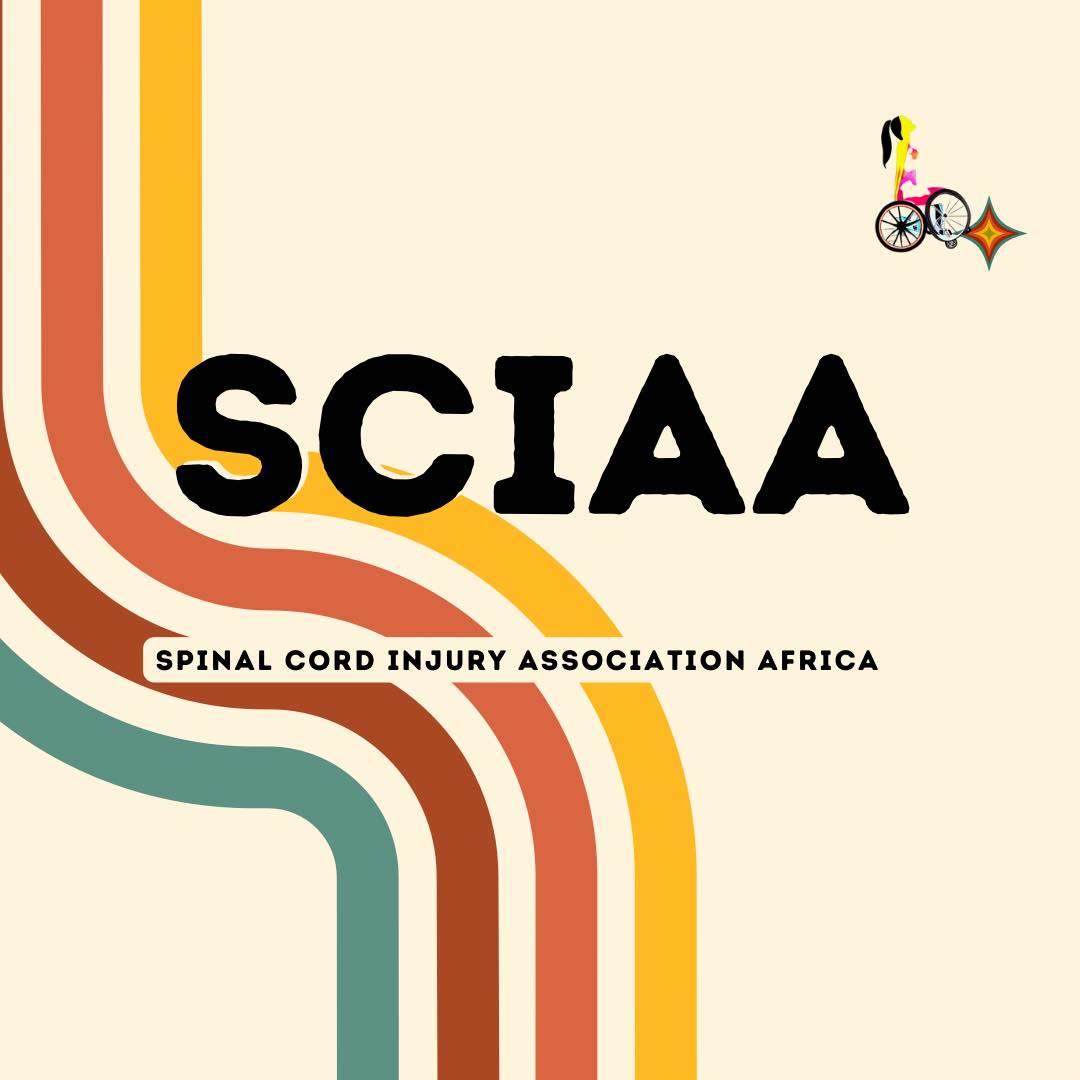I am Yvonne, a digital marketer, virtual assistant and content creator living with a spinal cord injury. I am the founder of sciaan network ,a spinal cord injury support group for people living with spinal cord injuries in africa.
I want to shed light on this issue of employment for people with disabilities in Africa, particularly those with spinal cord injuries.
Spinal cord injury (SCI) is one of the most severe types of traumatic or non-traumatic injury with long-lasting negative impacts on health status, functioning, and participation (e.g., employment and community participation)
One important goal of post-SCI rehabilitation, following initial rehabilitation aimed at improving neurological and functional recovery as well as adjustment to the
injury, is to return to and sustain employment .
Employment is considered a significant indicator of successful social/community/civic reintegration. Moreover, employment status or being involved in work activities are also associated with various positive benefits such as self-care, economic sustainability, satisfaction with life, and prolonged life, with studies reporting that those with SCI who are employed have a perceived improvement on their quality of life compared to those who are unemployed .
The employment rate amongst people with SCI varies across the world, ranging on average between 10 to 30% with low-income countries like Zimbabwe (15%) and Nigeriea(5%) having one of the lowest employment rates post-SCI compared to other low resorce countries like South Africa (50%) and Namibia (51%). Previous studies have shown factors such as level of education prior to SCI onset, age, race, gender, pre-SCI employment status, functional dependence, and injury severity to be factors associated with return to work. For example in a study that included 1134 individuals with SCI in the United States. [6] concluded that having higher education, less severe injury, and returning to the same pre-injury work are associated with a shorter interval of starting a job post-SCI.
Nigeria is a low-resource country with uneven resources, and high levels of poverty and unemployment, where health inequalities are documented to be pronounced with widespread inconsistencies and systematic differences, Another essential factor associated with employment among people with SCI, is environmental factors outside the health services (e.g., public and home access, social attitudes, and transportation), especially in an unevenly developed resource setting like Nigeria. Another factor will be employers’ attitudes towards disabled people not being competent enough, also accessibility, transport problems and inability to access buildings are some of the most important factors preventing people with disabilities from retaining employment.
Individuals with SCI who have the ability to use public or private transportation independently have a higher chance of returning to work Nigeria has one of the highest incidences of SCI globally, with most persons with SCI relying on public-funded health care services. The public healthcare system in Nigeria has often been documented to have a lack of adequate healthcare facilities and insufficient human and financial resources which ultimately translates to inadequate rehabilitation services for people with spinal cord injury/disabilities.
Inaccessible environments have been identified as the major barrier to social participation and integration for people with SCI]. Although legislation to improve employment opportunities for people with disabilities has been developed by government /state departments and local authorities, challenges regarding the accessibility of the built environment and transport remain with no SCI-specific employment legislation in place.
Due to the longstanding nature of an SCI as well as considering the interface between initial institutional care, including rehabilitation, and discharge back home and into the wider community, health systems should therefore be geared towards providing long-term physical and psychological rehabilitation to help guide adjustment, assist with overcoming physical, social and attitudinal challenges, and empowering people with problem-solving skills when entering a previously known environment in a “new” body. The unemployment rate in Nigeria is one of the highest globally, especially among younger adults. The compounding factor of being unemployed and having a disability can be detrimental to social and mental well-being, with the type of disability influencing prospective employment and level of income. Apart from the need for long-term rehabilitation, identifying factors influencing employment post-SCI could help guide more vocational interventions and targets that could increase employment status and therefore decrease the cost of rehabilitation in an already burdened healthcare system in Nigeria. While there are known predictive factors influencing employment status among people with SCI, it is often published for highly developed countries and cannot directly be translated to unevenly developed resource settings like Nigeria /Africa due to socio-economic and healthcare services provision differences. It is also worth noting that there is a limited database for individuals with SCI across South Africa, therefore this study will serve exploratively and contribute to the knowledge gap. Therefore, this article aims to describe employment characteristics after SCI in Nigeria/Africa and to investigate factors (physical functioning and environmental) associated with employment status in people with SCI in Nigeria/Africa.
